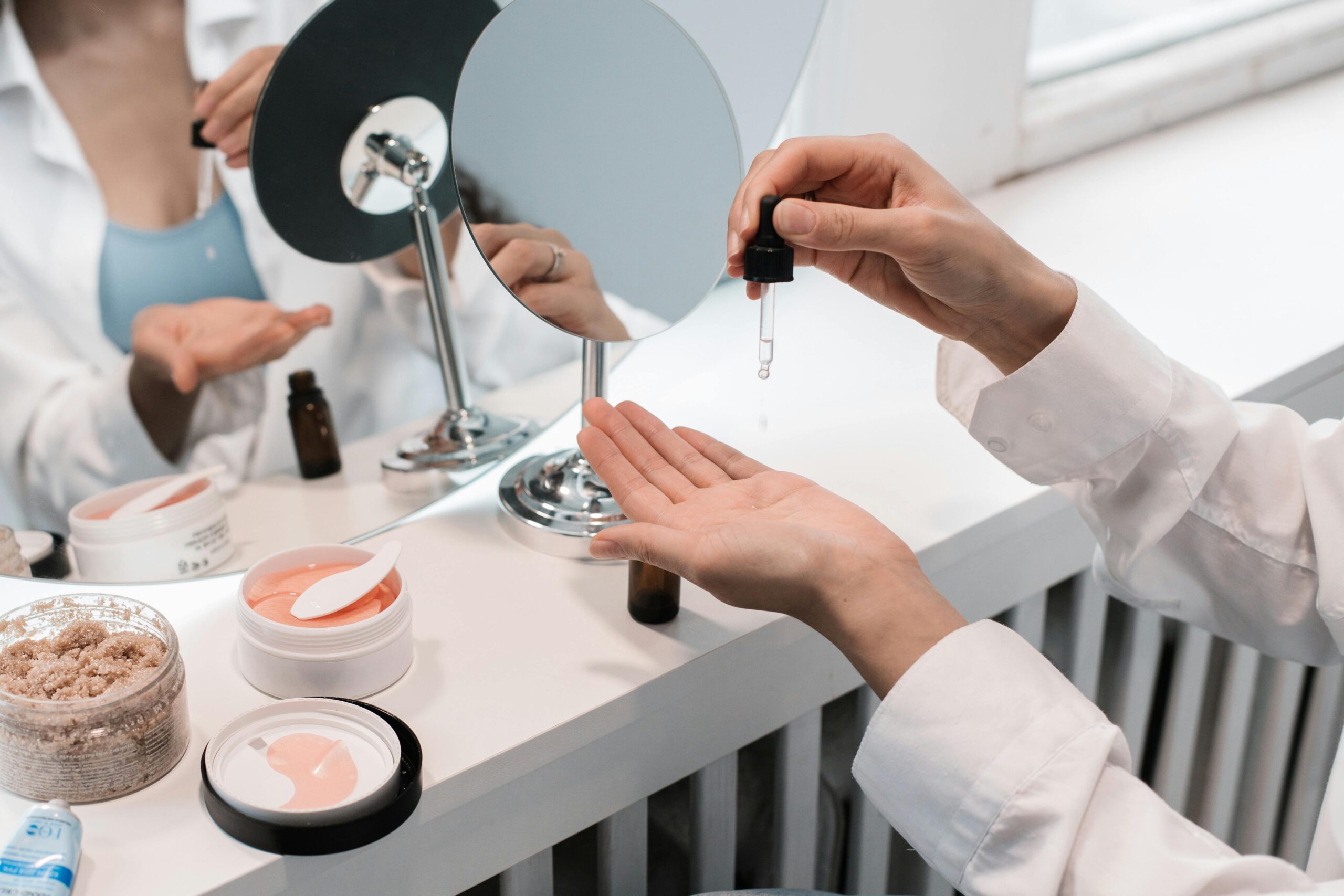Becoming a parent is an incredible journey, but it’s no secret that postpartum changes can take a toll on your skin. From hormonal fluctuations to sleepless nights, new parents often notice unexpected shifts in their complexion. Thankfully, with a few targeted skincare tips, you can address these changes and restore your skin’s balance. Here’s how you can care for your skin while embracing the joys and challenges of parenthood.
Understanding Postpartum Skin Changes
Hormonal shifts during and after pregnancy significantly impact the skin. Increased levels of estrogen and progesterone can lead to a range of changes, including acne, pigmentation, dryness, or even unexpected oiliness.
Additionally, stress, lack of sleep, and dehydration—common for new parents—further affect skin health. Understanding these changes is the first step in creating a skincare routine that supports your skin’s recovery.
Essential Skincare Tips for New Parents
Prioritize Gentle Cleansing
Postpartum skin can be highly sensitive, so it’s crucial to avoid harsh cleansers. Opt for a mild, hydrating cleanser that removes impurities without stripping your skin of its natural oils. Cleansing morning and night keeps your skin fresh and helps prevent clogged pores.
Hydrate Your Skin Effectively
Dehydration is a common postpartum concern, especially if you’re breastfeeding. Incorporate a lightweight, hydrating moisturizer containing ingredients like hyaluronic acid or glycerin. These ingredients help lock in moisture, leaving your skin plump and radiant.
Target Postpartum Acne
Hormonal acne is a frequent issue after childbirth. Use gentle, non-comedogenic products that include salicylic acid or benzoyl peroxide in low concentrations. Always consult your doctor if you’re breastfeeding before introducing active ingredients.
Address Hyperpigmentation
Melasma or “pregnancy mask” can linger after delivery. Brightening ingredients like vitamin C, niacinamide, and licorice root extract can help fade pigmentation over time. Consistency is key, but patience is equally important, as results may take months to appear.
Don’t Skip Sunscreen
Sun protection is vital, especially when dealing with pigmentation issues. Use a broad-spectrum SPF 30 or higher every day, even if you’re indoors. Mineral sunscreens are an excellent choice for sensitive postpartum skin.
Combat Dryness with Oils
If your skin feels extra dry, adding a facial oil can boost hydration and nourishment. Look for oils rich in antioxidants, such as rosehip or jojoba oil, to support skin repair without clogging pores.
Simplify Your Routine
Parenthood can be overwhelming, so keep your skincare routine simple and achievable. A cleanser, moisturizer, and sunscreen are the essentials. Additional products like serums or masks can be incorporated as time permits.
Stay Hydrated and Eat Nourishing Foods
Your skin reflects your overall health. Drinking plenty of water and eating a balanced diet rich in vitamins and antioxidants can improve your complexion from within. Foods like leafy greens, fatty fish, and nuts are particularly beneficial.
Use Eye Cream for Tired Eyes
Lack of sleep often shows up as dark circles and puffiness. A soothing eye cream with caffeine or peptides can help reduce puffiness and brighten the under-eye area.
Incorporate Self-Care
Taking time for yourself, even just a few minutes daily, can do wonders for your skin and mental well-being. Use a face mask, enjoy a quick facial massage, or simply take a moment to breathe and relax.
Creating a Postpartum Skincare Routine
Morning Routine
- Cleanser: Use a gentle, hydrating cleanser to refresh your skin.
- Vitamin C Serum: Apply a brightening serum to even out skin tone.
- Moisturizer: Hydrate with a lightweight moisturizer.
- Sunscreen: Finish with a broad-spectrum SPF to protect your skin.
Evening Routine
- Makeup Remover/Cleanser: Double cleanse if you wear makeup.
- Treatment Serum: Use targeted treatments for acne or pigmentation.
- Moisturizer or Oil: Lock in hydration with a nourishing cream or oil.
Weekly Extras
- Exfoliate: Gently exfoliate once or twice a week to remove dead skin cells and boost radiance.
- Mask: Use a hydrating or brightening mask to give your skin a boost.
Adjusting Your Routine for Breastfeeding
If you’re breastfeeding, some skincare ingredients like retinoids and high concentrations of salicylic acid may not be safe. Stick to gentle, pregnancy-safe ingredients and consult a dermatologist if you’re unsure.
Conclusion
Postpartum skincare doesn’t have to be complicated. With the right products and a little self-care, you can address common postpartum concerns and regain confidence in your skin. Remember, it’s a journey—be patient and kind to yourself as your body and skin heal.
Frequently Asked Questions (FAQs)
1. How long do postpartum skin changes last?
Postpartum skin changes can last anywhere from a few months to over a year. Consistent skincare and a healthy lifestyle can help speed up recovery.
2. Can I use acne treatments while breastfeeding?
Some acne treatments, like benzoyl peroxide and azelaic acid, are generally considered safe. However, always consult your doctor before starting any new products.
3. What can I do for melasma after pregnancy?
Using brightening ingredients like vitamin C and wearing sunscreen daily can help fade melasma. For severe cases, consult a dermatologist for professional treatment options.
4. Should I exfoliate postpartum skin?
Yes, gentle exfoliation once or twice a week can remove dead skin cells and promote a brighter complexion. Avoid harsh scrubs that can irritate sensitive skin.
5. Is it normal to experience extreme dryness after pregnancy?
Yes, hormonal changes and dehydration can cause dry skin. Using hydrating moisturizers and drinking plenty of water can help restore your skin’s moisture balance.



